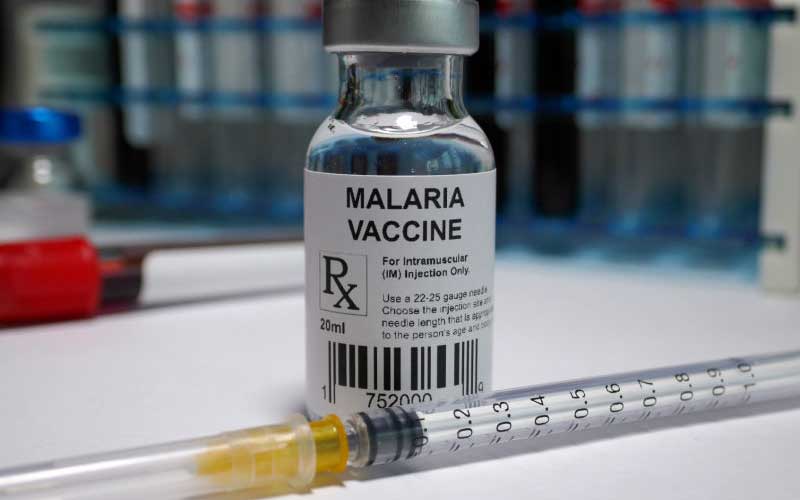×
The Standard e-Paper
Smart Minds Choose Us

This year’s Malaria Day theme; ‘Zero Malaria Starts with Me’ points to the reality that citizens have contributed little to the eradication of the killer disease. According to the World Health Organisation (WHO), malaria claims an estimated 435,000 lives each year.